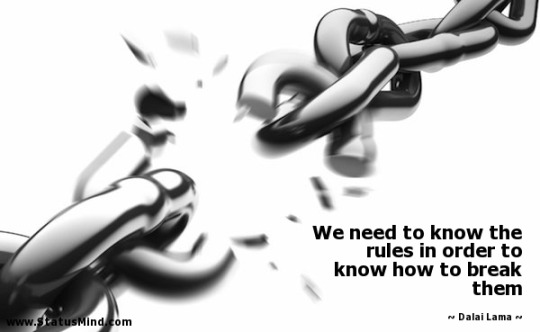Hello there. I’m Kristin of the Wordwraiths.
Generally I’m not one to just jump into things right away
without even getting to know each other first, but I would like to start out by
giving you the most invaluable piece of writing advice I have ever received (besides
the obvious advice of, “Just sit your butt down and write”, which always makes
it sound so easy when it’s not and any writer knows that).
The piece of information that changed my life and
perspective of writing novels came from the author Cecily White, whom I saw speak at a writing conference called
ORAcon, which was held in Springfield, Missouri of last year.
When noveling, there are generally “Plotters” and
“Pantsers”, as terms I’ve learned to know through the Nanowrimo community. Plotters are those that outline their novels before
they start them, and have a general to detailed amount of knowledge planned
out. Pantsers are those that fly by the seat of their pants and just go with
it, without any prior knowledge or plans about the novel they are about to
write. Regardless of what kind of writer you are, everyone likes to feel or be
validated that what he or she wrote (in terms of a novel) was written
correctly, or to the traditional paradigm (which is a whole different blog post
in itself.)
Yes, there is always the struggle to be “original” and come
out with the next big thing- but nothing is original anyway (which is also one
of those big, ambiguous claims that is in no way original either …though it’s
all in how the words are interpreted or crafted that make it your own)- but for
the sake of this limited blog post, I will just leave it at:

Where I am going with this is that after we’ve crafted a
novel, or at least after I’ve written a novel, I want specific guidelines that
I can follow to make sure that my story covers all the elements of plot that a
novel needs. Sure, there are plot diagram things that look like a heart monitor
chart, and Roman numeral scene outline things, etc, etc.
But the way Cecily White explained the elements of plot is
something I will never forget, because it just makes so much damn sense. Below
is the piece of information I have built up in the entire first half of this
post.
The 7 Key Elements of Plot:
(First and foremost, WORLD BUILDING. Is this a
unique world, are characters actively engaged in it, are your characters in
conflict with it?)
1. Opener
2. The build-up (Essentially like the “first date”
for your readers)
3. The mini quest (ultimately the cause of the
climax)
4. Climax
5. Dark moment (That moment of, “everything would
have been better if I just stayed home”. The four elements of the dark moment
are 1. The problem. 2. The struggle. 3. The desolation (all is lost). 4. The
choice (New bold course of action).
6. The choice
7. The ending
Like I mentioned above with the plotters and pantsers, I
fall into a ‘Hybrid’ category- engaging in a little bit of both. Sometimes I
will use these elements in aiding with a before outline (my outlines are always
arbitrary because I just let the story take me where it’s going to go), and
sometimes I will write the novel- and then check back and see if my story
naturally fell into these elements (and if it doesn’t, or is missing a big
chunk (I seem to hate the mini quest, and yes this is a parentheses inside of
parentheses), then it’s dealt with in the forever deep pit of editing).
These elements, laid out like this, really struck a chord in
understanding story arcs deeper for me, and I hope they will for you too. As
for a guide for character arcs and GMC (Goal, Motivation, Conflict)… I can’t
reveal all of my secrets during our first meeting because then all the mystery
is gone.
❤ Kristin Helling and The Wordwraiths.



Leave a comment